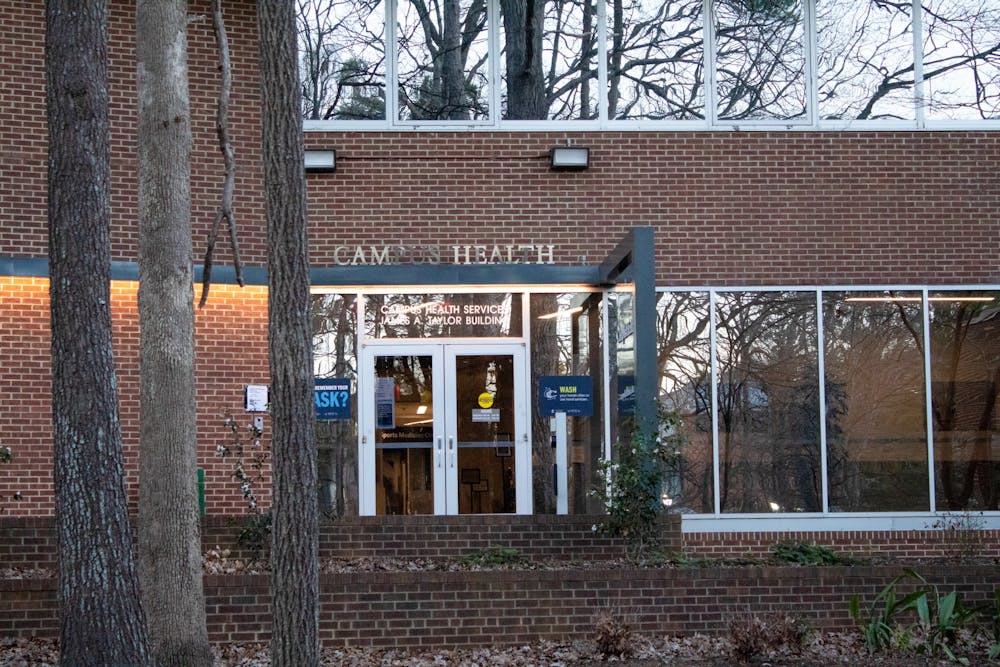The University’s Multicultural Health Program(MCHP) has been providing UNC students of color a place to be heard since 2020. Entering another school year, MCHP has plans to continue supporting the University’s diverse campus life.
The program is run through Counseling and Psychological Service, the University’s primary student mental health service.
MCHP was started by CAPS after recognizing the need for a culturally responsive mental health service for students who are BIack, Indigenous and people of color.
Erinn Scott, the program’s assistant director, said CAPS heard the voices of student advocates while creating MCHP, and that those same voices inspired her to take on the lead role in the program.
“Students had been giving messages to CAPS for a long time of ‘we need more diversity, we need more representation,’ but it reached a fever pitch, and we as staff couldn’t not hear that,” she said. “Student activists and advocacy ignited our own passion and power.”
That passion and power lies in a team composed of Scott and four other providers, who each have their own unique backgrounds and identities. Scott said getting connected with a provider starts with a regular initial assessment through CAPS, which then works to match students with the right MCHP provider.
One of those providers is Susan Chung, a clinical social worker who has been with the program since December. As a member of the Asian American community, Chung said she understands the challenges of being an ethnic minority in a new place.
She said she believes that a college campus is one of those places.
“That’s when they are trying to form their identities,” Chung said. “I’m from Taiwan, I’m Asian, so I understand how that identity is so complex with immigration and a different ethnic background. That’s why I really want to be kind of like a guide.”




